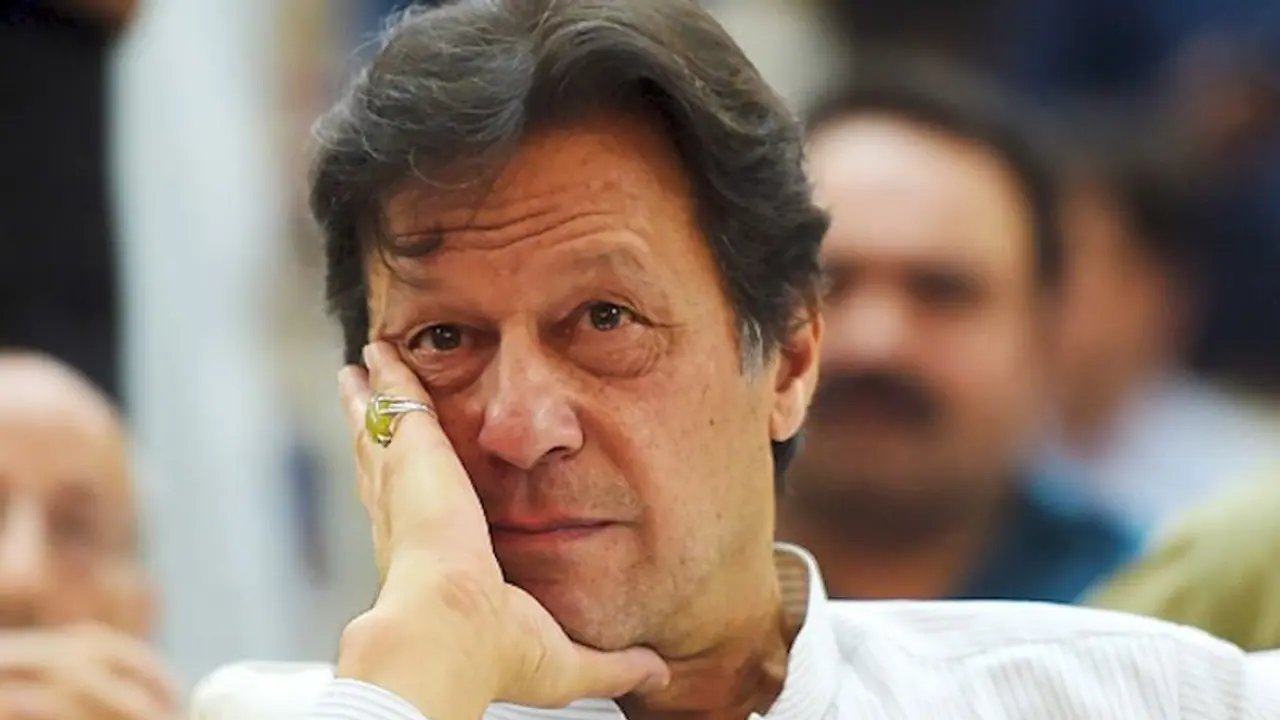A statement by the Financial Action Task Force said that Pakistan has only addressed five of the 27 action items, with varying levels of progress made on the rest of the action plan.
Paris: In a major development, Pakistan has escaped the terror blacklist of the Financial Action Task Force (FATF). The global watchdog strongly urged Islamabad to complete its action plan by February 2020, until which the country will remain on its grey list.
Sources to FATF deliberations added that "In light of the additional fact of Pakistan's poor performance on its Mutual Evaluation, chances of Pakistan exiting the grey list in the next few years are now reduced to nil. The possibility of a formal blacklisting in Feb 2020 is now highly probable."
Also read: Pakistan PM restless as FATF all set to announce decision on 'listing' today
"Should significant and sustainable progress not be made across the full range of its action plan by next plenary, the FATF will take action, which could include the FATF calling on its members to advise their financial institutions to give special attention to business relations/transactions with Pakistan," the statement from the global watchdog said.
The note further stated, "Pakistan has only largely addressed five of the 27 action items, with varying levels of progress made on the rest of the action plan."
The FATF has also expressed serious concerns with the "overall lack of progress by Pakistan to address its Terror Financing risks, including remaining deficiencies in demonstrating a sufficient understanding of Pakistan's transnational TF risks."
The language used by the FATF in its statement on Pakistan has striking similarities as that used for Iran, which is already in the Blacklist.
By making this decision public, FATF in effect has given notice to global financial institutions that they need to prepare for the imminent 'red-flagging' of the jurisdiction and ready their systems for the eventuality of Pakistan entering the FATF 'Blacklist' in February 2020.
The country was placed on the Grey List by the watchdog in June 2018 and was given 15 months to complete the implementation of a 27-point action plan, failing which it would be placed on a list that includes countries like Iran and North Korea.
